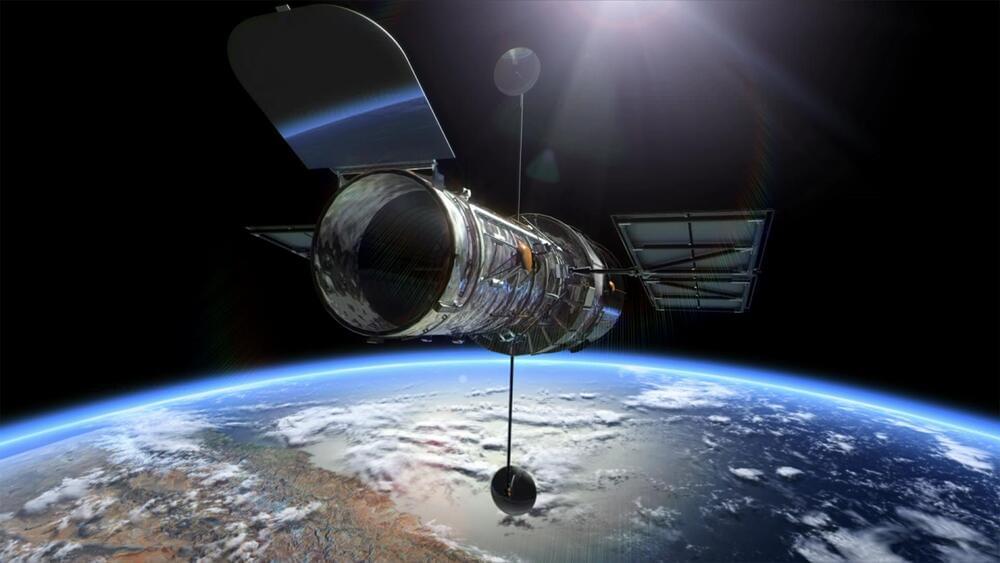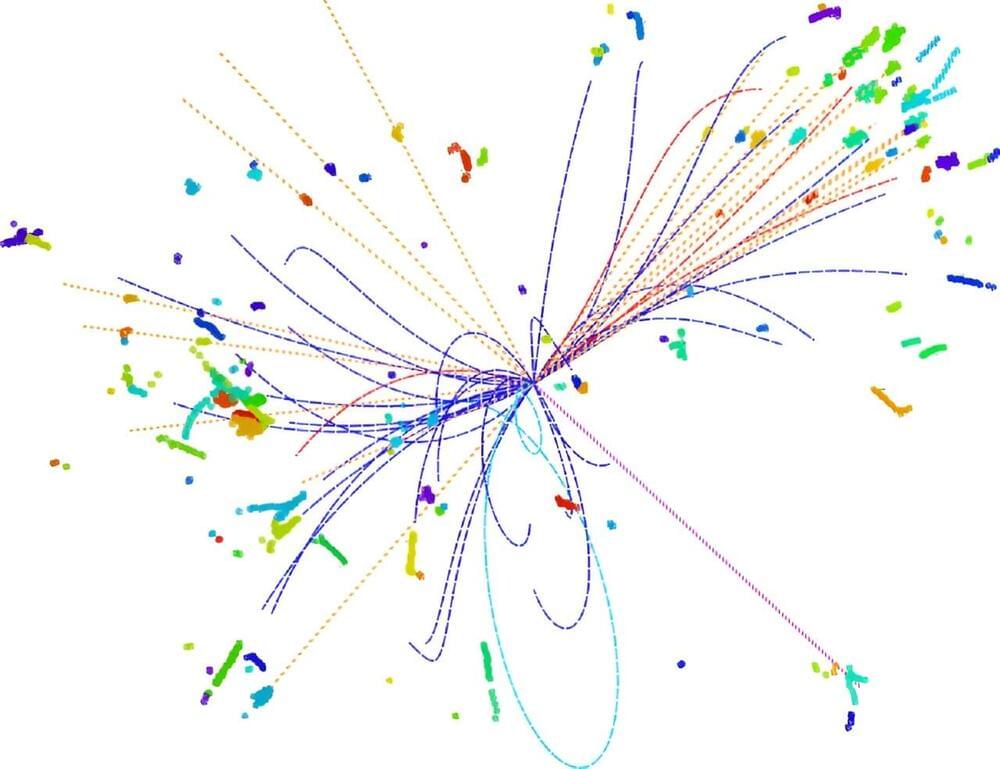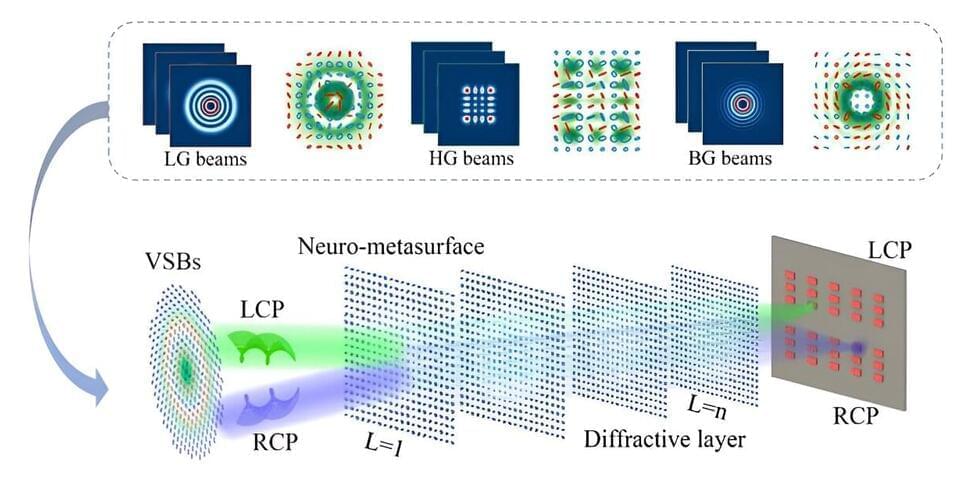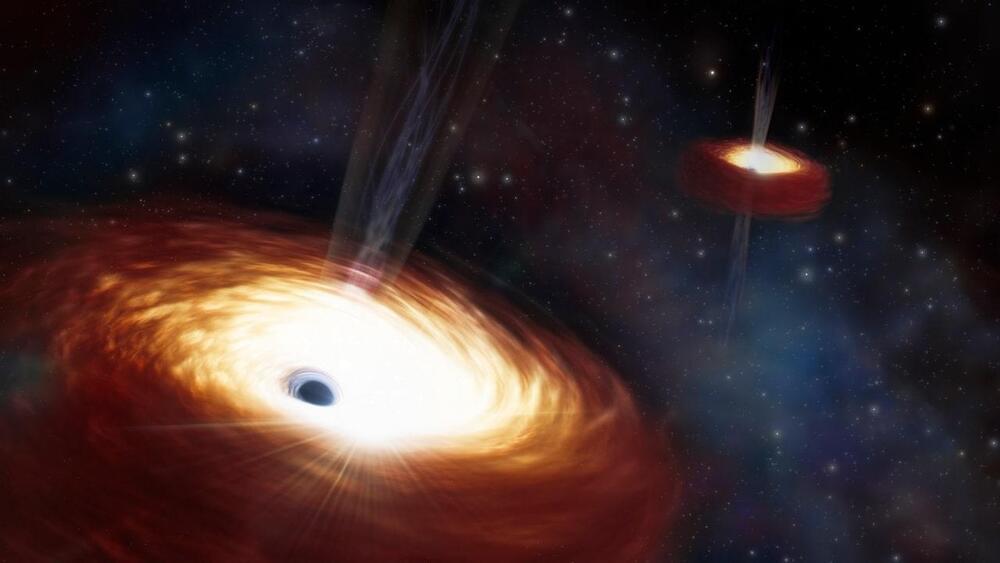Archive for the ‘physics’ category: Page 34
Jun 7, 2024
The Physics of Failure: Analyzing Hubble’s Gyroscope Malfunction
Posted by Saúl Morales Rodriguéz in categories: health, physics, space
The Hubble Space Telescope is currently in safe mode due to gyroscope problems, suspending its science activities. However, NASA remains optimistic about its future contributions to space exploration, working in tandem with other telescopes.
On May 24, NASA’s Hubble Space Telescope entered safe mode due to an ongoing gyroscope (gyro) issue, suspending science operations. Hubble’s instruments remain stable, and the telescope is in good health.
The telescope automatically entered safe mode when one of its three gyroscopes returned faulty telemetry readings. Hubble’s gyros measure the telescope’s slew rates and are part of the system that determines and controls precisely the direction the telescope is pointed.
Jun 7, 2024
Based on physics, life could exist in a two-dimensional universe
Posted by Dan Breeden in categories: alien life, physics
Interesting.
It proposes the universe has properties allowing observers to exist, explaining why physical constants seem fine-tuned for life.
Jun 6, 2024
“Extraordinary” Slow-Spinning Neutron Star Shakes Astrophysics
Posted by Dan Breeden in categories: physics, space
Most collapsed stars fully rotate in seconds. This one takes almost an hour.
Australian scientists from the University of Sydney and Australia’s national science agency, CSIRO, have detected what is likely a neutron star spinning slower than any other ever measured.
No other radio-emitting neutron star, out of the more than 3,000 discovered so far, has been discovered rotating so slowly. The results are published today (June 5) in Nature Astronomy.
Jun 5, 2024
AI-powered jet origin identification technology opens new horizons in high-energy physics research
Posted by Saúl Morales Rodriguéz in categories: energy, physics
A research team in China has initiated and successfully developed a jet origin identification technology which can significantly enhance the scientific discovery capabilities of high-energy collider experiments.
Jun 5, 2024
Actor and investor Ashton Kutcher Lauds OpenAI’s Video Model Sora
Posted by Dan Kummer in categories: media & arts, physics, robotics/AI

Basically confirmed whats been said here. AI will take over film making by 2029/2030.
Actor and entrepreneur Ashton Kutcher lauded OpenAI’s generative AI video tool Sora at a recent event. “I’ve been playing around with Sora, this latest thing that OpenAI launched that generates video,” Kutcher said. “I have a beta version of it, and it’s pretty amazing. Like, it’s pretty good.”
Continue reading “Actor and investor Ashton Kutcher Lauds OpenAI’s Video Model Sora” »
Jun 5, 2024
Strong Emergence vs. The Core Theory (Response to Sean Carroll)
Posted by Dan Breeden in categories: neuroscience, physics
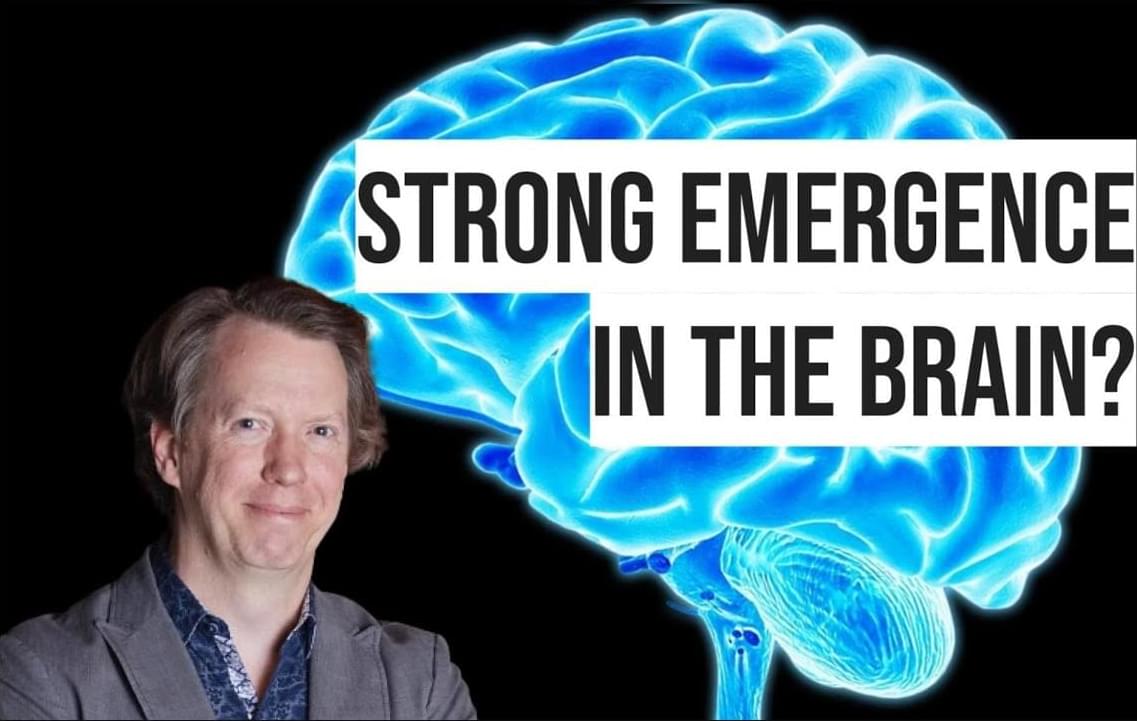
The core theory, weak vs. strong emergence, micro-reductionism, and Sean Carroll’s skeptical argument against everything. Is Dr. Carroll correct in holding that physics has ruled out the afterlife, an immaterial soul, fundamental consciousness, and parapsychology?
Linktree https://linktr.ee/emersongreen.
Continue reading “Strong Emergence vs. The Core Theory (Response to Sean Carroll)” »
Jun 4, 2024
Introducing Generative Physical AI
Posted by Quinn Sena in categories: physics, robotics/AI, supercomputing
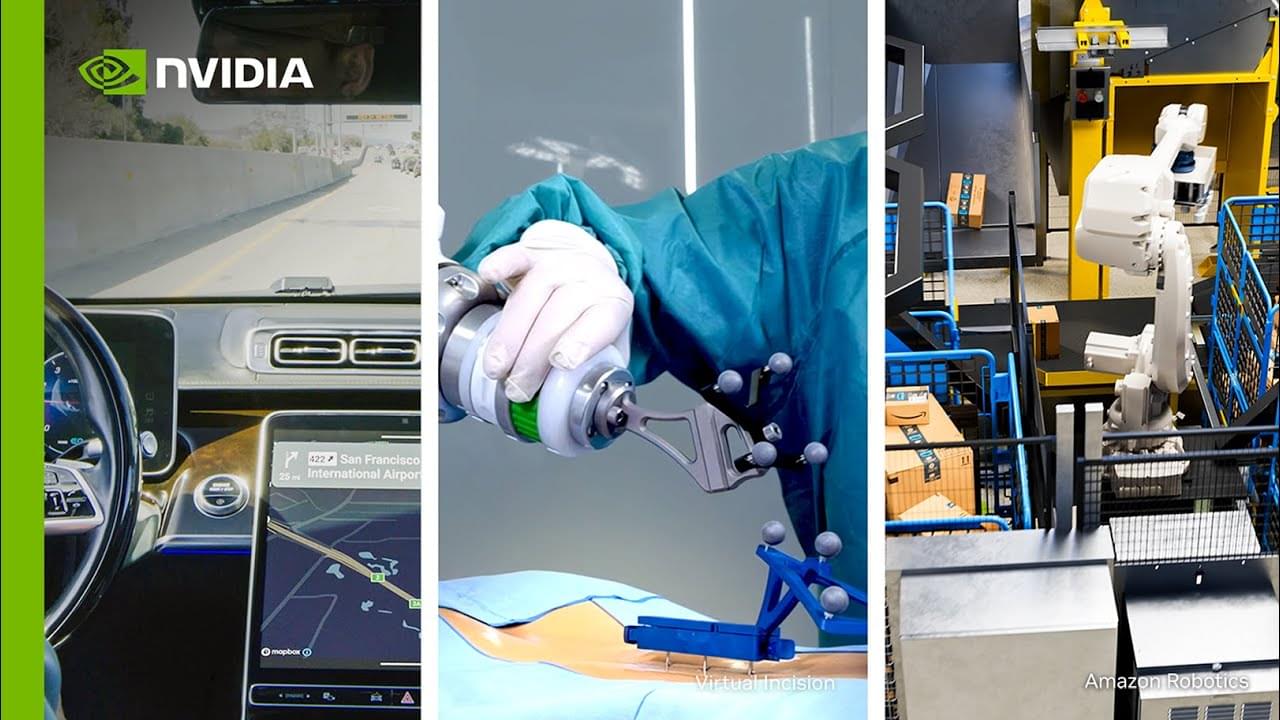
@NVIDIAOmniverse is a development platform for virtual world simulation, combining real-time physically based rendering, physics simulation, and generative AI technologies.
In Omniverse, robots can learn to be robots – minimizing the sim-to-real gap, and maximizing the transfer of learned behavior.
Jun 3, 2024
Sorting complex light beams: New metasurface design advances optical physics
Posted by Saúl Morales Rodriguéz in category: physics
In the dynamic realm of optical physics, researchers are continually pushing the boundaries of how light can be manipulated and harnessed for practical applications.
Jun 3, 2024
Black Holes Are Even Weirder Than You Imagined
Posted by Dan Breeden in categories: cosmology, physics
It’s now thought that they could illuminate fundamental questions in physics, settle questions about Einstein’s theories, and even help explain the universe.

